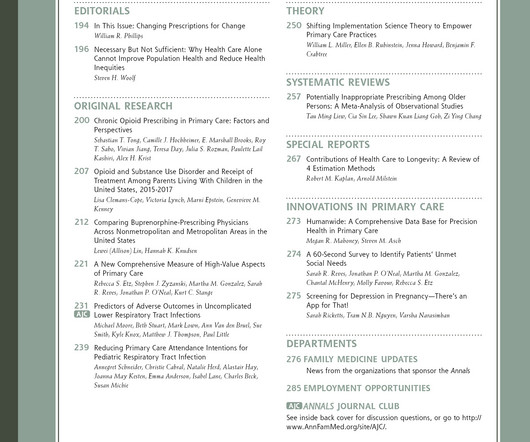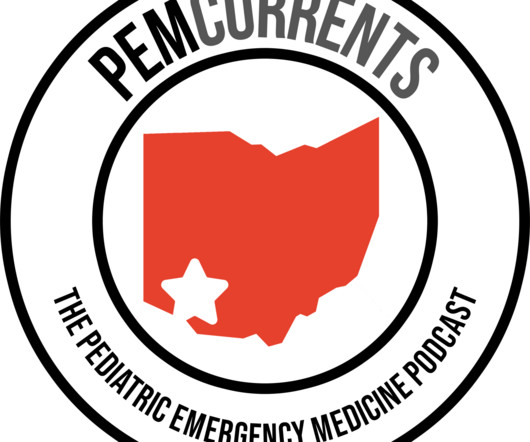Position Statement on Measurement Based Care
Integrated Care News by CFHA
MAY 19, 2025
MBC is presented not simply as data collection, but as a dynamic, evidence-based clinical process that enhances outcomes, promotes equity, and strengthens team-based care. MBC supports optimal clinical practice, demonstrates the value of integrated care teams, and improves outcomes. What is MBC? 3, 4) Why is MBC important?








































Let's personalize your content